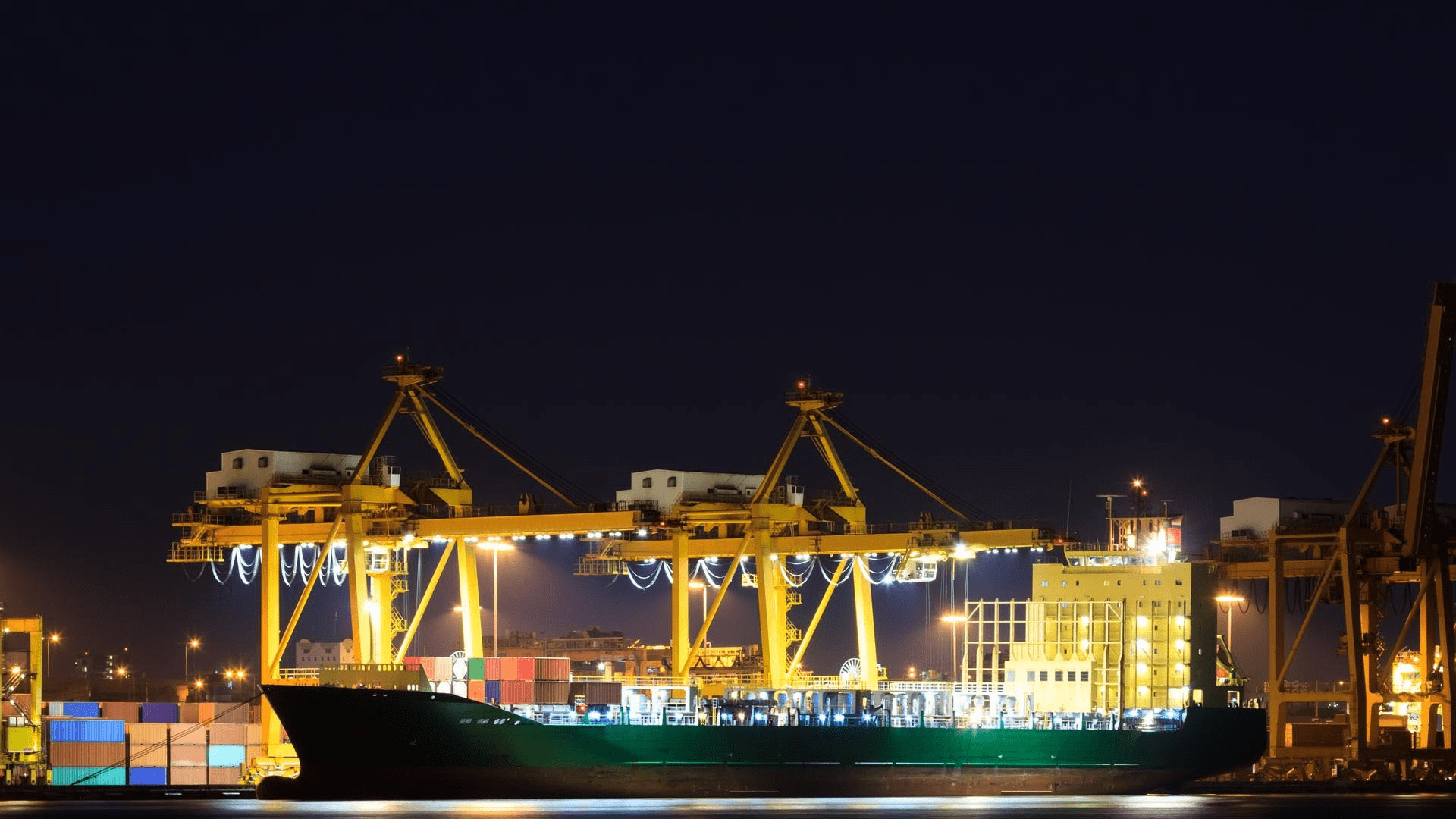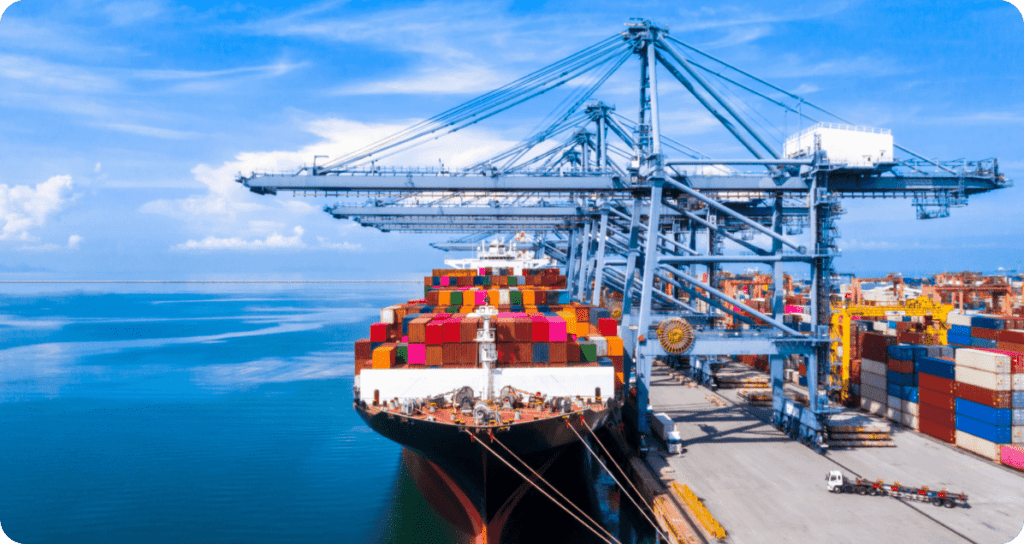The Benefits of NVOCC Shipping: Cost-Effective and Efficient

In the complex world of international shipping, Non-Vessel Operating Common Carrier (NVOCC) services play a pivotal role. This shipping method offers a unique set of advantages that can make international trade smoother and more cost-effective, especially for businesses that don’t ship in massive volumes. However, understanding what NVOCC shipping entails, its advantages, and how it operates can significantly benefit businesses involved in global trade. This can be a game-changer for businesses looking to streamline their international logistics and save money.
What is NVOCC Shipping?
NVOCC stands for Non Vessel Operating Common Carrier. Essentially, an NVOCC is a type of freight forwarder that provides services similar to those of a carrier but does not own or operate vessels. Instead, NVOCCs like Riseonic Shipping Lines consolidate smaller shipments into full container loads (FCLs) to leverage economies of scale and negotiate favorable rates with shipping lines.
Here’s a breakdown of how a non vessel operating carrier works:
Consolidating and organizing cargo shipments
Managing all necessary paperwork
Offering essential services to ensure seamless shipping operations
Benefits of NVOCC Shipping
1) Cost-Effective Solutions:
NVOCCs can offer competitive shipping rates due to their ability to consolidate shipments. By grouping multiple smaller shipments into one container, they reduce costs per unit and pass on savings to customers. This makes NVOCC shipping a preferred choice for businesses looking to optimize their logistics expenses without compromising on service quality.
2) Flexibility and Versatility:
Unlike traditional carriers tied to specific routes and schedules, NVOCCs have the flexibility to work with multiple shipping lines. This allows them to offer a wider range of options in terms of routes, transit times, and service levels. Whether you need expedited shipping or cost-effective solutions, an NVOCC agent can tailor its services to meet your specific requirements.
3) Documentation and Expertise:
NVOCCs specialize in handling the documentation and paperwork involved in international shipping. From customs clearance to bill of lading issuance, they ensure that all necessary paperwork is prepared accurately and in compliance with regulations. This expertise simplifies the shipping process for businesses, saving time and reducing the risk of delays or errors.
4) Enhanced Service Levels:
With a focus on customer satisfaction, NVOCCs provide personalized service and dedicated support throughout the shipping process. They act as intermediaries between shippers and carriers, ensuring smooth communication and resolution of any issues that may arise. This proactive approach enhances reliability and transparency, fostering long-term partnerships with clients.

NVOCC vs. Freight Forwarder
NVOCC shipping lines and freight forwarders are both key players in the logistics and shipping industry, but they perform different roles:
NVOCC (Non-Vessel Operating Common Carrier):
An NVOCC is a type of carrier that provides ocean freight forwarding services but does not own or operate its own vessels.
Additionally, NVOCCs consolidate smaller shipments from multiple customers into full container loads (FCLs) for shipping purposes.
Moreover, they issue their own bills of lading or equivalent documents to customers, which serve as contracts of carriage.
Freight Forwarder:
A freight forwarder is a company that arranges shipments of goods on behalf of importers and exporters.
They are essentially intermediaries between the shipper (seller) and transportation services, handling various logistics tasks.
Furthermore, freight forwarders may handle shipments via air, ocean, or land transport, and they often provide a range of services such as booking cargo space, negotiating rates, preparing documentation, and arranging for customs clearance.
Key Differences:
Ownership of Transportation: NVOCCs do not own vessels but arrange shipments on other carriers’ vessels. Freight forwarders do not own transportation assets (like ships or trucks) but arrange transportation services on behalf of their clients.
Bills of Lading: NVOCCs issue their own bills of lading or equivalent documents, while freight forwarders do not issue bills of lading; they typically use bills of lading issued by the ocean carriers or other transport providers.
Scope of Services: Additionally, freight forwarders offer a broader range of logistics services beyond ocean freight, including air freight, trucking, customs brokerage, warehousing, and distribution. However, NVOCCs primarily focus on ocean freight forwarding.
Legal Status: NVOCCs are legally defined entities in the shipping industry, subject to specific regulations and requirements. Freight forwarders are also regulated but operate more broadly across different modes of transport.
Conclusion
In conclusion, NVOCC in shipping terms offers significant advantages for businesses seeking cost-effective, efficient, and reliable solutions for their international shipping needs. By leveraging economies of scale, flexibility in routing, and specialized expertise, NVOCC container lines play a crucial role in optimizing logistics processes and enhancing supply chain efficiency. Whether you’re shipping goods across continents or managing complex supply chains, partnering with an experienced NVOCC can streamline operations and drive business growth.
For businesses looking to expand their global reach and maximize shipping efficiency, NVOCC services represent a strategic investment in operational excellence and customer satisfaction. Embrace the benefits of NVOCC shipping today to unlock new opportunities and elevate your international logistics strategy.